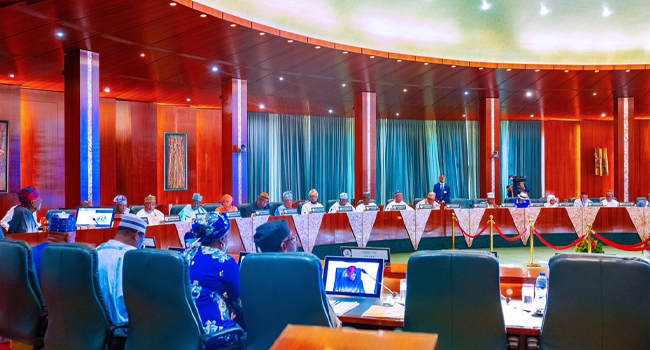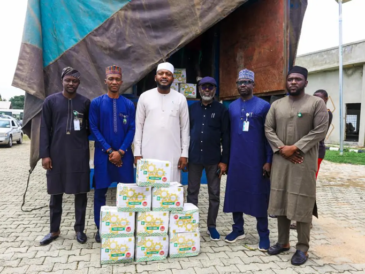Abuja, Feb. 25, 2024 – The National Agency for Food and Drug Administration and Control (NAFDAC) says it is engaging stakeholders to check substandard and falsified drugs.
Prof Mojisola Adeyeye, its Director- General, said this at a stakeholder’s meeting recently.
She stressed the need to explore ways to combat the sale and distribution of substandard and falsified medical products within the supply chain.
NAGDAC boss said the Agency would not hesitate to clamp down on wholesale and retail outlets where fake drugs were being dispensed for public use.
According to her, the engagement with the pharmaceutical supply chain stakeholders in Nigeria serves as a means of thinking together and putting in place a position that will represent or guide collective efforts and strategy to prevent, detect, and respond to substandard and falsified medicinal products.
She said the goal was also to ensure that medical products in circulation were of the quality standard required and safe for public use.
The NAFDAC boss said that the high prevalence of substandard drugs in Africa was a major threat to public health, attributing the situation to the fact that regulation in the region is limited with about 10% of African National Regulatory Agencies (NRAs) having achieved ML3.
She said this allowed for poorly regulated manufacturers to supply their products in Africa where technologies to detect SF and track/trace are limited.
Adeyeye said the menace of substandard and falsified medical products threatened access to safe, efficacious, and affordable medicines, undermining health systems and the achievement of Universal Health Coverage globally.
She said NAFDAC was doing its best in the fight against substandard and falsified products, stressing that the fight against Substandard/Falsified medical products is based on three broad thematic areas Prevent, Detect, and Respond (PDR).
Adeyeye said that NAFDAC operatives were not just going on the streets to look for substandard falsified medicines, but also going after products that had been approved in Southeast Asia en route Nigeria.
Adeyeye said 70 per cent of medicines used in Nigeria came from outside which necessitated the establishment of a Pre-shipment testing scheme that has stopped over 124 products that were approved from coming into the Nigerian market.
According to her, some of the substandard medicines do not have content, some will not disintegrate, and some will not dissolve. In contrast, some of them have wrong labelling and all sorts of non-compliance. (GBN)





